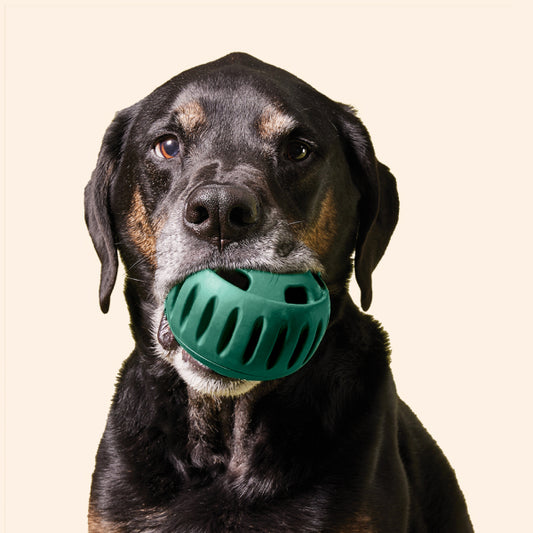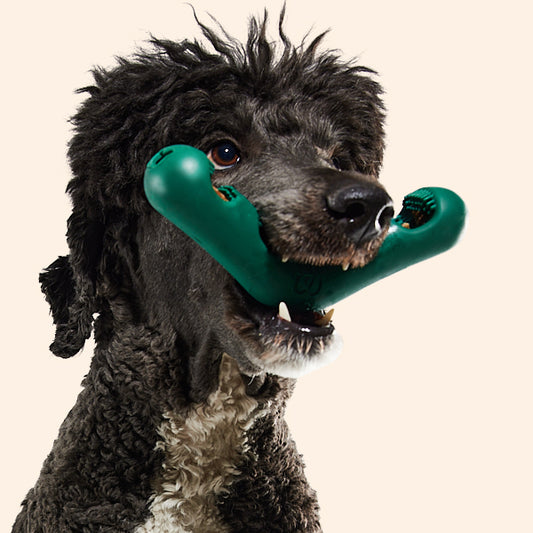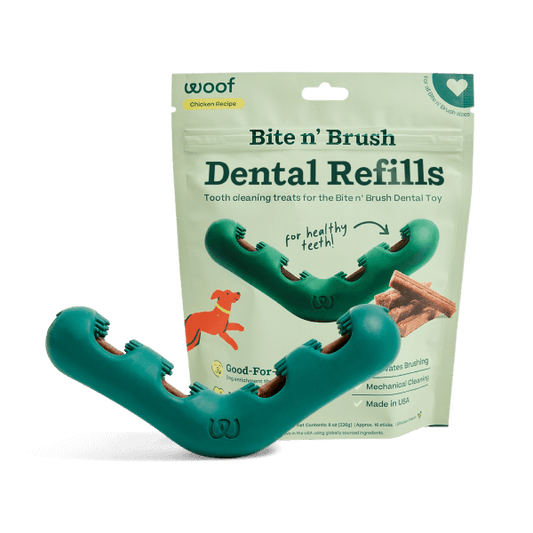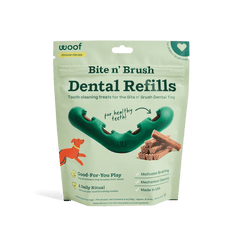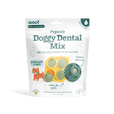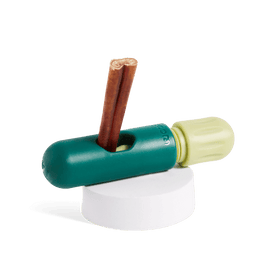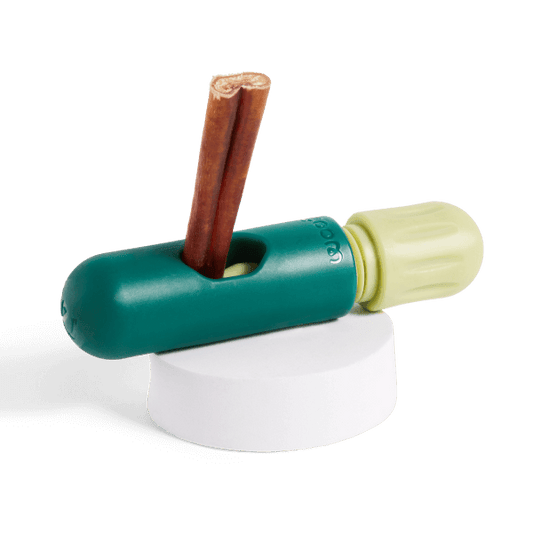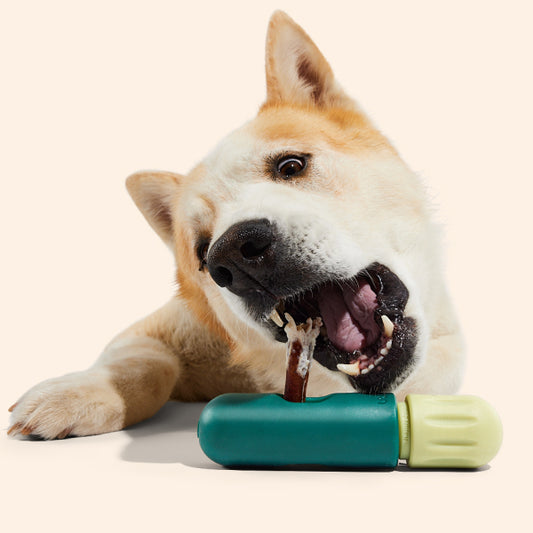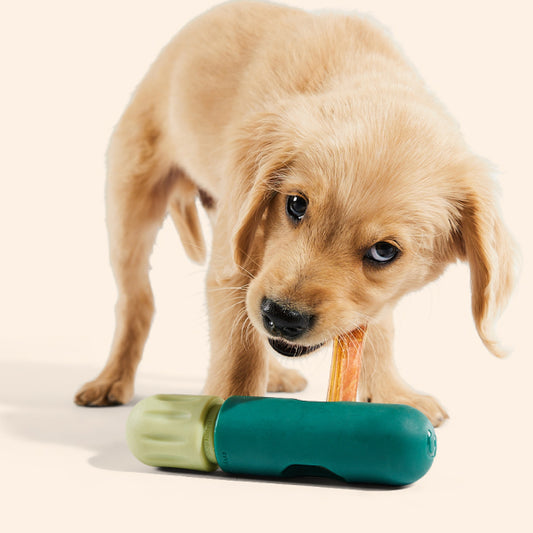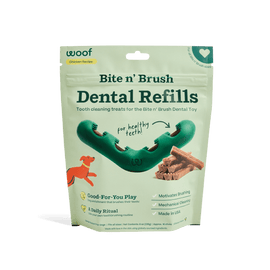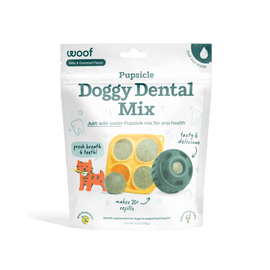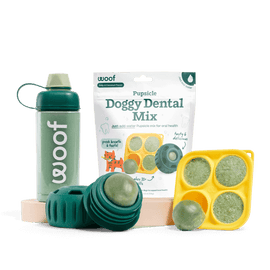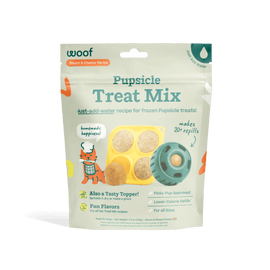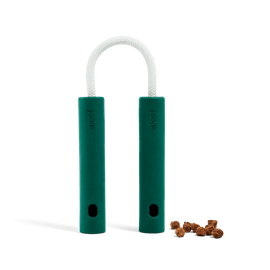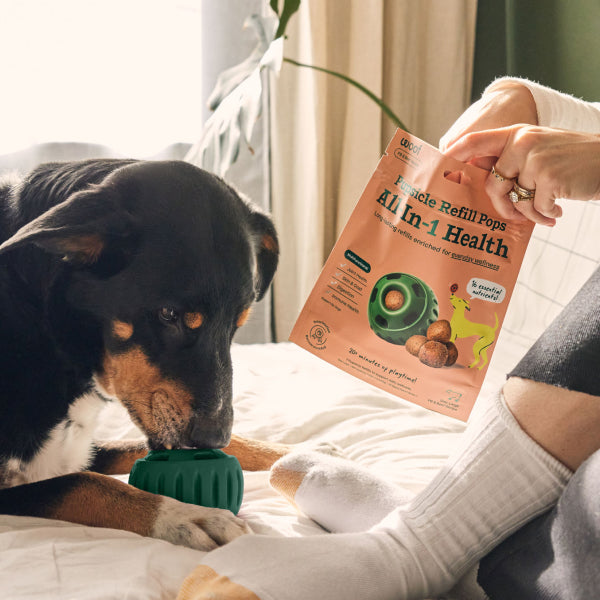
As devoted dog parents, we all wish our furry companions could simply tell us when they're feeling under the weather. While they might not speak our language, our dogs do give us clues when something's amiss. Recognizing these signs early can make all the difference in ensuring they receive the care they need.
Let's delve into some common indicators that your dog might be unwell and how you can respond effectively.
Changes in Appetite and Thirst
A sudden disinterest in food or an unquenchable thirst can be red flags. If your pup skips a meal here and there, it might not be cause for alarm. However, prolonged loss of appetite or excessive drinking warrants attention. These shifts could signal issues ranging from dental discomfort to more severe conditions like diabetes or kidney problems.
Lethargy and Decreased Activity
Is your usually energetic tail-wagger now more of a couch potato? A noticeable drop in energy or enthusiasm for activities they once loved can indicate illness. While it's natural for dogs to have restful days, persistent lethargy shouldn't be overlooked.
Gastrointestinal Upsets
Occasional tummy troubles happen, but frequent vomiting or diarrhea is concerning. These symptoms can lead to dehydration and may point to infections, dietary indiscretions, or more serious ailments. If these issues persist beyond a day or are accompanied by other symptoms, it's time to consult your vet.
Respiratory Changes
Persistent coughing, sneezing, or difficulty breathing aren't just nuisances—they can be signs of respiratory infections or more severe conditions like heart disease. Pay attention to any changes in your dog's breathing patterns or sounds.
Skin and Coat Abnormalities
A healthy dog boasts a shiny, smooth coat. If you notice excessive shedding, bald patches, redness, or sores, it might indicate allergies, parasites, or skin infections. Regular grooming sessions are perfect opportunities to check for these changes.
Behavioral Shifts
Sudden aggression, increased anxiety, or withdrawal from social interactions can be your dog's way of signaling discomfort or pain. Behavioral changes often accompany physical ailments and should be addressed promptly.
Bathroom Habit Changes
Keep an eye on your dog's elimination patterns. Straining, increased frequency, accidents indoors, or noticeable changes in stool consistency can point to urinary tract infections, digestive issues, or other health concerns.
Maintaining Your Dog's Wellness
Prevention is always better than cure. Regular vet check-ups, a balanced diet, and ample exercise are foundational to your dog's health. To support their overall wellness, consider incorporating products designed to enhance their vitality. For instance, our All-in-1 Wellness Pops offer a blend of essential nutrients to keep your pup thriving. Additionally, the Wellness Starter Pack provides a curated selection of products aimed at promoting optimal health.
Remember, you're your dog's best advocate. Trust your instincts. If something seems off, don't hesitate to seek professional advice. After all, our four-legged friends rely on us to keep their tails wagging and their hearts happy.

